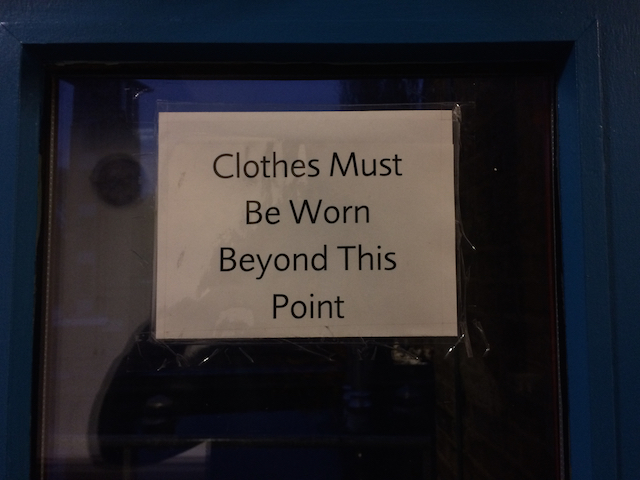I just read this great paragraph on the debilitating impact of false modesty on judgement.
‘If anyone praised a piece of his own, he would say of it with a shy smile, ‘I think it’s all right, it’s not bad, it’s worth saying’; but this was mere modesty, after the manner of the woman who, on being told that her dress or her daughter is lovely, replies ‘Well, it’s nice and comfortable,’ or ‘Well, she’s a good-natured girl’. But the artisan’s instinct ran too deep in Bergotte [an author] for him to be unaware that the sole proof of his having worked to good purpose, and in accord with truth, lay in the joy to be derived from his own work, by himself in the first place, and then by others. Unfortunately, many years later’ when his talent had run out, whenever he wrote something that dissatisfied him, rather than scratching it out as he should have done, he talked himself into publishing it with the words he had once spoken to others: ‘Well, yes, it’s all right, it says something worth saying, for the sake of my country…’ The phrases his feigned modesty had murmured for an admirer were later spoken, in the sincerity of hits most secret self, to all the misgivings of pride; the words which had been his unnecessary apology for the quality of his first works became his futile consolation for the mediocrity of his last.”
pg 132, In the Shadow of Young Girls in Flower, Proust.
One of the questions that often comes up in design training is how do I know when what I have designed is good enough? Proust is saying here that the first proof is if it brings joy to the designer himself or herself first; the audience comes second. False modesty clouds self-knowledge.


Leave a Reply